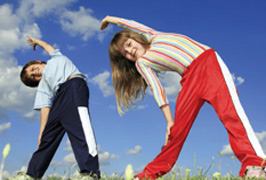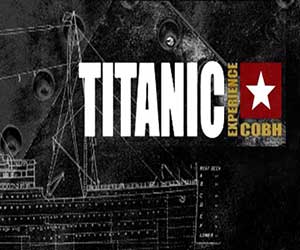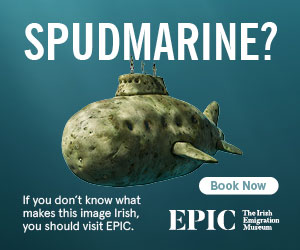Iron Deficiency In Your Child’s Diet
Iron is a vital mineral for children since a lack of it can lead to growth and developmental problems. In fact iron deficiency anaemia (low levels of iron in the blood) is the most common nutrient deficiency among children worldwide. We are heavily dependent on the diet alone for our iron intake, which is the reason why we need to be so mindful of what we are eating and be aware of food containing iron.
Babies are born with enough iron stores for about the first five or six months of life. After that they require more iron in the diet. Using an iron fortified formula or breast milk together with starting solids should help prevent iron deficiency anaemia.
Toddlers who drink more than a pint of milk a day are also at risk for developing iron deficiency. In addition to having little iron content, cow’s milk decreases your body’s ability to absorb iron from other foods. Toddlers drinking a lot of milk tend to eat less and probably are not eating a lot of foods with iron in them anyway. That does not mean you should avoid giving your child milk, just ensure that he or she is drinking no more than ½ a litre of milk each day.
The iron requirement for children aged between one and ten years of age is 8-10mg per day; this is quite high relative to the adult requirement which is between 10-14mg per day.
The best dietary source of iron is meat. Meat contains a highly absorbable form of iron known as ‘haem iron’. In general, the absorption of iron from meat is around 15-30%. Plant foods contain less iron and are less well absorbed in our bodies; these include foods such as beans, lentils, dried fruits and dark green leafy vegetables. Non haem iron, the iron in plant foods, has absorption rates of only about 5%. It’s a good idea to drink a glass of fruit juice when eating these foods because vitamin C, which is found in fruit juice, helps to increase the absorption of iron from the food.
To ensure your little ones are getting enough iron, try and include meat regularly in the diet, also include other plant based iron sources in their diet.
Easy Ways To Get Iron Into Your Child’s Diet
- Serve breakfast cereals fortified with iron.
- Offer juices that contain Vitamin C with meals to help with iron absorption.
- Make cold meat sandwiches for lunch.
- Vary meats with main meals.
- Include lots of green vegetables with main meals.
- Offer raisins for snacking between meals.
The risk of iron deficiency increases again during the teenage years because they are growing rapidly and have increased iron requirements. Girls, who have started menstruating, especially if they have heavy menstrual blood loss, are also at increased risk of iron deficiency. To prevent iron deficiencies encourage your children to eat iron-rich foods and foods or beverages that enhance iron absorption. Those who are at risk of becoming iron deficient should be tested by their GP and take an iron supplement if necessary.
Foods That Are good Sources Of Iron
- Beef, pork, lamb, liver and other organ meats.
- Dark green leafy vegetables.
- Pulses, beans and green peas, dry beans and peas such as kidney beans, pinto beans, black-eyed peas, and baked beans.
- Iron-enriched breads and cereals; always check the labels.
Written by Aveen Bannon who is a consultant nutritionist to Kelkin.
Aveen Bannon says
My job as a nutritionist is to understand how the body works and deals with food. My work with Kelkin is to help teach the consumer and endeavour to help them make the right food choices for their health.
Aveen founded the Dublin nutrition centre where they providing comprehensive dietary and nutritional advice. She has also provided nutrition services to many health institutions including the Beacon Renal Unit, Beacon Cancer Support Centre, Rehab Care, ARC Cancer support Centre and Lois Aoibhinn Cancer support centre.
Aveen regularly gives talks and presentations to companies at health and wellbeing seminars and provides regular nutrition consultancy for food companies.
Aveen Bannon
BSc. (Hons) (Human Nutrition and Dietetics), H Dip DBSIT, M.I.N.D.I
Consultant Dietitian
BSc. (Hons) (Human Nutrition and Dietetics), H Dip DBSIT, M.I.N.D.I
Consultant Dietitian
Sponsored By Kelkin








